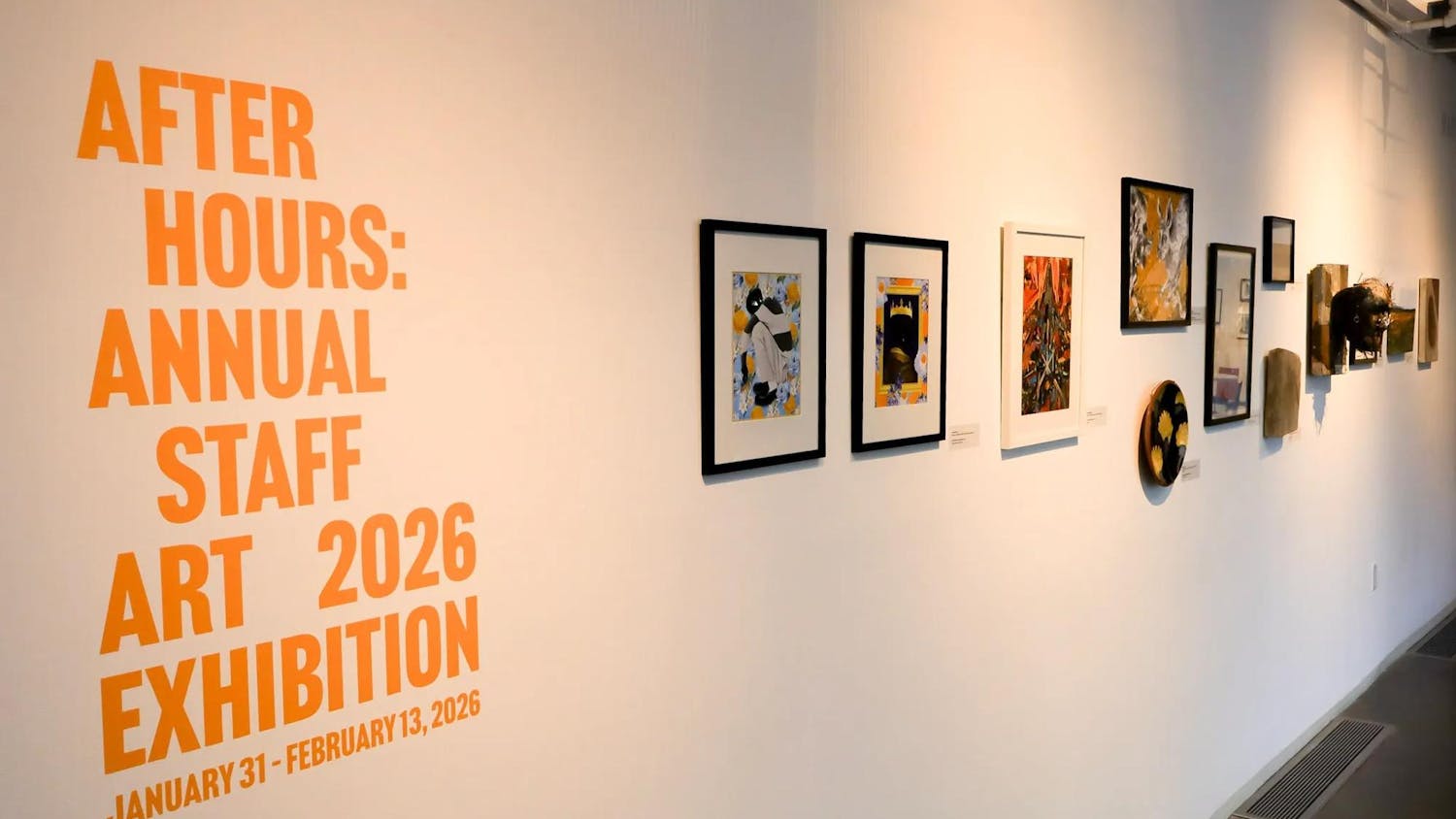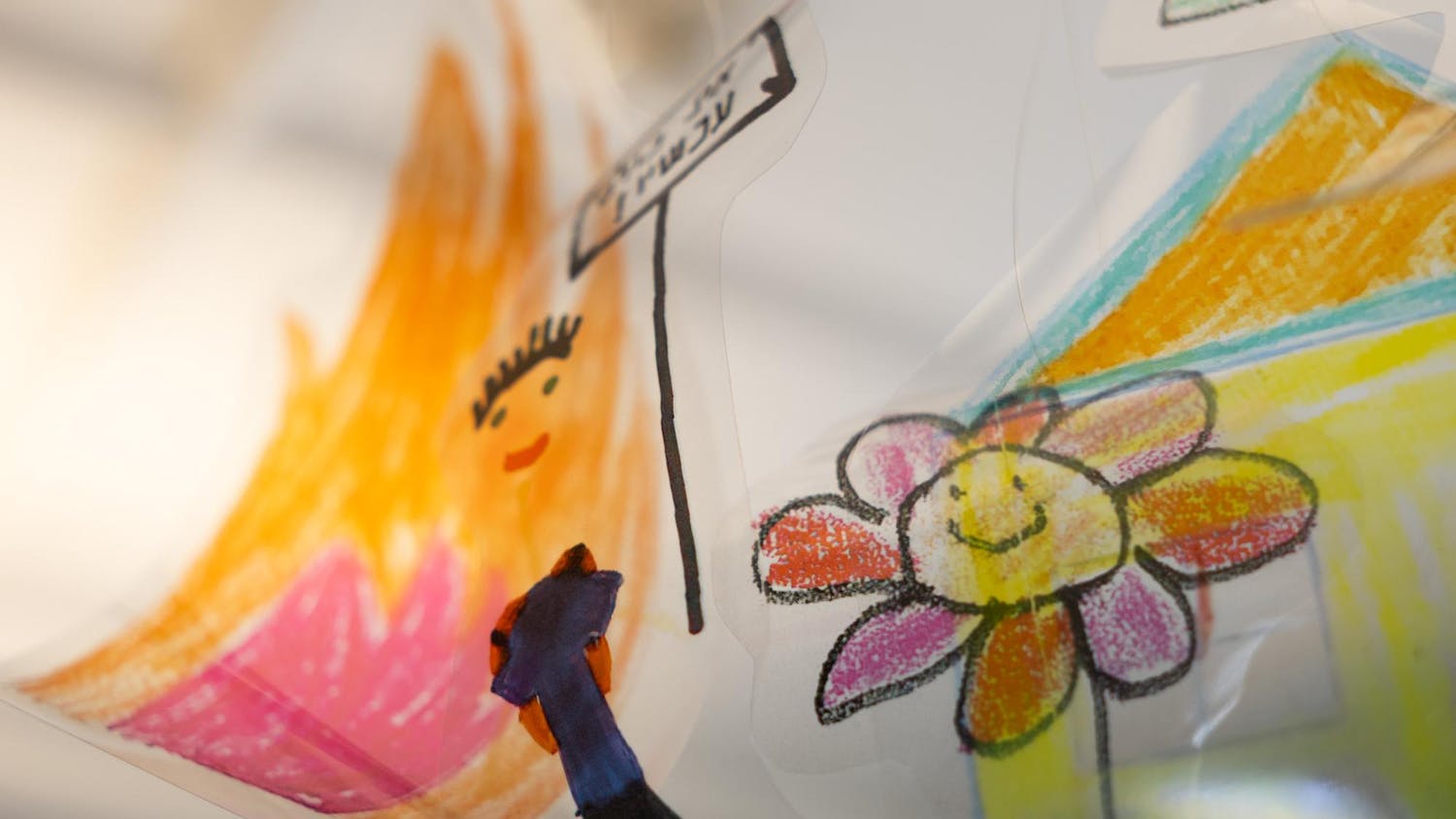Could Facebook notes appear on the pages of future history books next to tweets about someone's day? Could Facebook pictures one day be hanging in the Ratty next to the images of years gone by at Brown, documenting student life in the 2000s?
With the increasing importance of digital media as a record of every minute of people's lives, scholars are beginning to address the implications of this unique technological archive of information and what it means for the future of documenting history.
This week, Brown will host a conference that brings together scholars from around the world to discuss the effects of new media sources such as Facebook, YouTube and Twitter on the archival process. The conference, "Animating Archives: Making New Media Matter," will run Thursday through Saturday at Pembroke Hall and is presented by the Cogut Center for the Humanities and the Malcolm S. Forbes Center for Culture and Media Studies.
Conference organizer Wendy Chun, an associate professor of modern culture and media, said one of the questions the conference raises is how scholarship can change in response to new forms of media.
"Part of the argument is that we as scholars maybe need to think again about the traditional article format and think about how to use new media," she said.
Michael Steinberg, director of the Cogut Center and a professor of history and music, said the effect of new technology on the process of recording and retrieving information has been threefold.
"First, access is a huge issue," he said. "The world of Google has completely changed how we can get information."
People now have vast amounts of information on virtually any subject literally at their fingertips thanks to the Internet, he said. Not only is an ample amount of information available, but rare sources, such as Library of Congress holdings that would take weeks to view in their physical form, can be pulled up at the click of a button.
Steinberg also described "new ways of thinking that are enabled by the digital world," including the use of computer engineering programs that allow archeologists and art historians to reconstruct the buildings and complexes of ancient times by examining their remaining ruins.
The use of new technology has allowed for "a whole new kind of interdisciplinary work," he said — and the new organization of visual information is "just fantastic."
Finally, Steinberg said digital media also approach "a whole new frontier of intellectual property." Universities stand for the free access of information for all their students, but the creators of the novels, biographies and recordings of the information also want to be paid for use of their work, he said. In the era of the Internet and online library archives, the line of ownership is blurred.
He believes the upcoming conference will be useful in dealing with these subjects. "What Wendy Chun has organized is a conference that will not only deal with these things but put them into contact with each other," he said.
Jay Gaidmore, a University archivist, said he has noticed the major impact that new technology has had on the archival process at Brown in just the last decade.
Digital technology is "definitely going to impact how we document the University," he said.
"We used to receive letters, printed newsletters, memos," he said. In the age of digital communication, the University no longer receives these physical documents because they just don't exist anymore. Now, "it's all e-mail," he said.
As digital cameras and Facebook became popular in the last decade, the number of hardcopy photographs in the archives has also dwindled.
"We have tons of photographs from the '50s, '60s, '70s," he said. But around 2000 or 2001, Gaidmore said, students began taking digital photographs, and those hardcopy images of student life that would have been stored away in files now never leave the computer screens of their owners.
"Dealing with electronic records and digital records is probably the greatest challenge, bar none," he said.
"Animating Archives" will deal with these and other questions regarding digital media today.
"These changes are happening right now," Chun said. "The question is, how can we engage with them seriously?"




